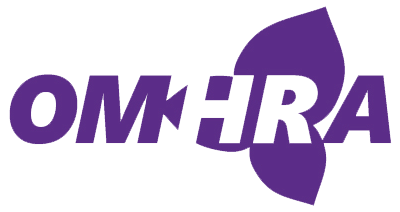
The wisdom and guidance we receive from those who are older and more experienced than ourselves play a vital role in our personal and professional development.
Whether it’s a caring parent, an exceptional teacher, or an inspiring colleague who has acted as a mentor. The insights passed down from these individuals have the potential to make a lasting impact on us.
You may have noticed that some of your more senior, long-term employees, have leadership capabilities that your younger employees don’t have. This only makes sense because they have accumulated industry knowledge over their working years, enabling them to make informed decisions and navigate challenges effectively with experience. They often have a long-term perspective and can make strategic decisions for sustainable growth that others overlook when they are short-term focused. If you are fortunate, these senior employees will voluntarily mentor younger employees in their development and share their knowledge and support.
In the workplace, new employees can benefit from the knowledge shared by their more experienced counterparts, creating a mutually satisfying and fulfilling dynamic. But what about implementing a mentorship program which can include an element of reversing these roles. That too can be an effective strategy.
While employee diversity and inclusive leadership are important goals for many organizations today, the question remains: how do we achieve them? One approach is to implement a “reverse mentorship” program, where junior team members are empowered to guide senior staff. The good news is that reversed or reciprocal mentoring can take place within existing company mentoring programs. It doesn’t require a lot of new processes, just the ability to match up employees of different generations and encourage each team to meet regularly or exchange ideas and challenge each other. Mentoring relationships shouldn’t be restricted to people of the same gender or similar backgrounds because there’s much, we can learn from people who are different from ourselves. There are many benefits of reverse mentoring programs:
- Completes in knowledge gaps in both participants’ backgrounds.
- Develops leadership skills at both the junior and senior levels.
- Facilitates respectful relationships between generations in the workplace.
- Helps to retain junior employees who may be more inclined to stay at a company where they feel valued and enriched.
- Encourages diversity and inclusion by providing space for new relationships and interactions.
- Makes employees nearing retirement feel valued.
The workforce is always changing. As a new generation brings their own set of skills to the workforce, it’s worth recognizing that they may lack certain other ones. While this may be seen as inconvenient, it can be remedied with the help of reverse mentorship programs initiated by HR. Mentoring can help bridge this knowledge gap and ensure a well-rounded workforce.
Presented by

Archives
Categories
- Attraction and Recruitment
- Benefits
- Celebrating Success and Recognition
- Change Management
- Coaching and Conflict Resolution
- Culture
- Diversity, Equity and Inclusion
- Emotional Intelligence
- Employee Engagement
- Employee Performance
- Labour Disruption
- Leadership
- Mentoring
- OMHRA activities
- OMHRA Events
- Psychological health and safety of the HR professional
- Recruitment
- Recruitment and Retention
- Retention
- Uncategorized
- Unique ideas for recruiting in a tight job market
- Wellness
Recent Posts
- Alleviate the Stress of Conducting a Workplace Conflict Investigation
- Bridging Differences: 5 Techniques for Building Conflict Competence
- Full Brain Conflict Approach
- Finding Meaningful Modified Work through Understanding Job Demands
- From Office Spats to Success Stories: How HR Can Create Growth Out of Conflict

